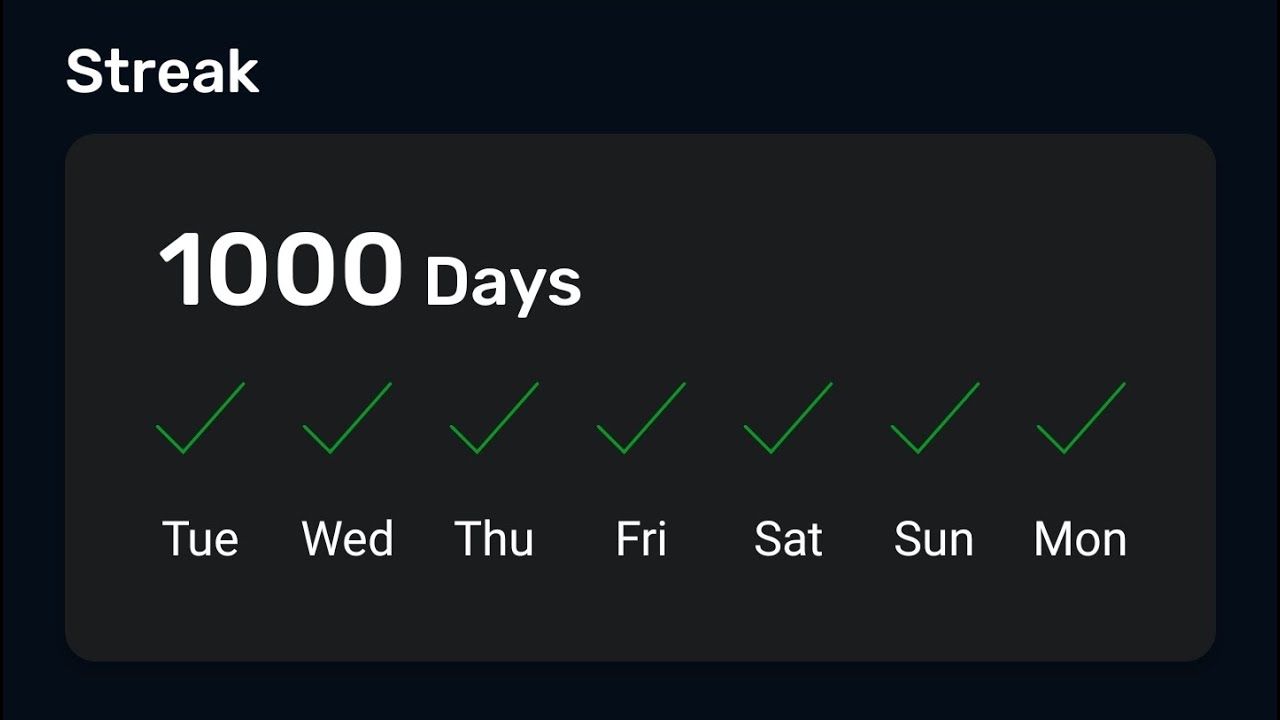Hey, Sergey!
Herzlichen Glückwunsch zu Deinem 1000-Tage-Streak:
Das ist sehr beeindruckend!
Hier einige Kommentare zu Deinem Video:
-
Dein Deutsch hört sich sehr gut an - unabhängig davon, ob Du nun frei gesprochen oder Dich vorbereitet hast!
-
Früher Grammatik einbeziehen
Ja, das habe ich schon immer so gesehen - insbesondere mit Blick auf “grammar-light”-Ansätze à la Michel Thomas bei Sprachen, die weit von der eigenen Muttersprache entfernt sind (in meinem Fall: Japanisch).
Die Fremdsprachenforschung sieht das übrigens ähnlich.
Und auch deutsche Muttersprachler bekommen, vor allem auf dem Gymnasium, einen sprachlichen bzw. grammatikalischen Feinschliff, weil ihr Deutsch nicht automatisch “toll” ist, weil sie Muttersprachler sind. Das gilt gerade für das Schriftdeutsch!
Oder in bestem Denglisch: “Not all Muttersprachler are created equal!” 
- Früher Sprechen und Schreiben
Definitiv. Das ist schon lange meine Kritik am Input-Only-“Purismus”. Denn das “Engagement-Level” ist einfach zu oberflächlich. (Merke: Die “aktiv-passiv”-Unterscheidung trifft es hier nicht, weil auch Hören und Lesen aktive Operationen sind!).
Fazit:
Effektiveres Sprachenlernen fokussiert sich zwar auf “verständliche Inhalte”, insbesondere auf der Basis inhaltsflexibler Audio Reader-Software, aber es komplementiert sie mit
- grammar-light-Ansätzen
- Sprech- bzw. Schreibübungen.
Ein einfaches Training wäre beispielsweise:
- 25 min Lesen und Hören (ich sage nur: “Ultrareading”)
- 5 min mündliche und / oder schriftliche Zusammenfassung der gelesenen und gehörten Inhalte
Schon das bringt auf Dauer mehr als “Nur-Hören”, “Nur-Lesen” oder “Nur-Lesen-und-Hören”.
Kurzum: Die Kombination, also: das “Sowohl-Als Auch”, macht es!
Ich hoffe, Du bleibst uns in LingQ erhalten und berichtest, wie schnell Du nun das Sprechen (und Schreiben?) auf Vordermann bringen kannst!
Nach Matt(vsJapan) solltest Du das in wenigen Hundert Stunden hinbekommen.
Abschließend noch ein Punkt zu fließend sprechen. Das taugt natürlich als Zielvorgabe nichts, weil das ein Pudding ist, den man an die Wand nageln kann.
Und es gibt da eine psychologische Komponente.
Beispiel: Rein vom zeitlichen Umfang her sollte mein Spanisch mittlerweile besser als mein Französisch sein (mit Blick auf das Erreichen eines native-like-Levels).
Subjektiv fühlt sich das jedoch nicht so an, weil ich in Französisch einfach eine größere Selbstsicherheit habe.
Mit anderen Worten: Obwohl mein Französisch im Moment objektiv schlechter als mein Spanisch (mit Blick auf Wortschatz, Anzahl der Fehler, etc.) ist, fühle ich mich in Französisch subjektiv (und kommunikativ) sehr viel wohler als in Spanisch.
Meines Erachtens hängt das damit zusammen, dass ich mich in
Frankreich sprachlich länger als in Spanien im Alltag durchschlagen
musste - auch wenn ich mittlerweile sehr viel mehr Zeit mit Spanisch
als mit Französisch verbracht habe.
Das heisst: Sprachkompetenz <> fluency-Gefühl 
Herzliche Grüße nach Russland
Peter
